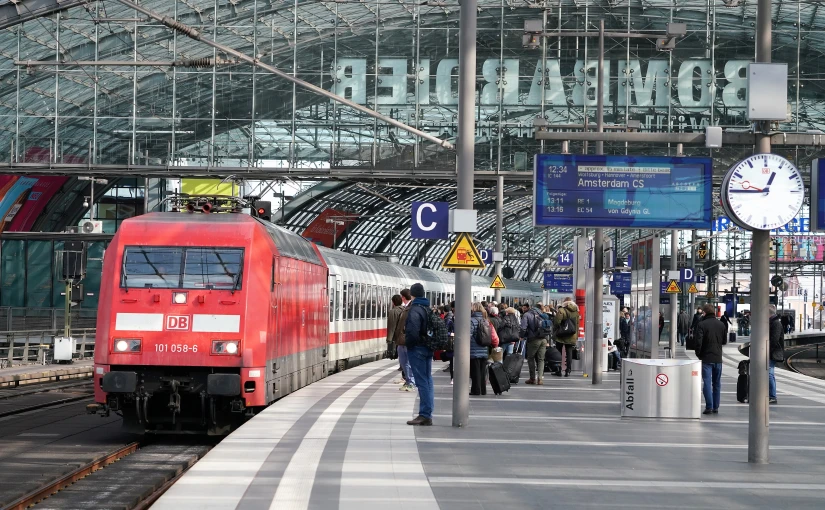Search result for Opinion
You can add some category description here.

Opinion
The Big Fat Indian Wedding!
Weddings are the most beautiful moments that symbolize the beginning ...

Opinion
How Media Manipulation Redefines Reality, Truth, and Human Freedom Worldwide
This thought-provoking essay explores how movies like The Matrix, Capricorn One, and Avatar mirror today’s blurred line between truth and illusion. It questions media manipulation, AI deepfakes, and political narratives between East and West, asking whether our reality is shaped by truth—or by the powerful images and stories we’re made to believe.

Opinion
Understanding Men: A Real Look into the Male Mind and Emotions
Explore how men think, feel, and express love. A heartfelt insight into male psychology, emotions, and what truly defines strength and vulnerability.

Opinion
Drones Above European Airports: Russia Probes, NATO Weakness, Ukraine-Gaza Wars Spark Security Alarm
Unidentified drones over European airports spark fears amid wars in Ukraine and Gaza. Is Russia behind them, or a new commercial ploy? Europe’s security at risk.

Opinion
Europe’s Rail Privatization Dilemma: Deutsche Bahn, Dutch NS, and the Hidden Costs of Reform
The financial struggles of Deutsche Bahn and Dutch NS highlight Europe’s ongoing railway privatization debate. Can ticket revenues cover infrastructure costs, or do subsidies always return? From state-owned companies like PTT and Postbank to today’s rail networks, Germany and the Netherlands face the same challenge: hidden costs, maintenance backlogs, and government guarantee undermining true transport reform.

Opinion
The Unsolvable Puzzle: Understanding a Woman’s Mind, Moods, and Logic
Understanding a woman's mind is a complex journey. Explore her emotional wiring, the silent signals, the logic of her moods, and the unspoken rules of love and argument.

Opinion
Why We’re All in a Hurry—and What It’s Costing Us
In today’s hustle-driven world, busyness feels unavoidable. Discover the hidden costs of rushing through life—on health, relationships, and creativity—and how slowing down helps reclaim balance.

Opinion
The absence of kindness in society – A cause for concern
Kindness is a fundamental quality that maintains the balance in ...






